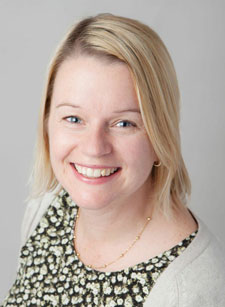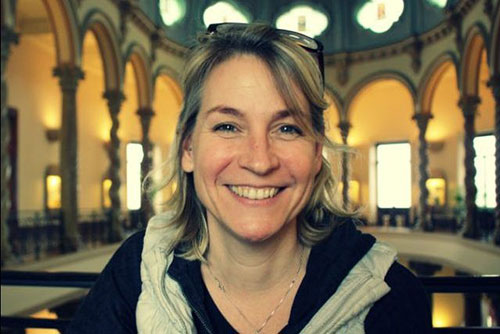
Aislinn Delmotte runs Settling Here, a company which aims to provide practical help and advice to individuals, couples and families relocating to or indeed already living in the Pays de Gex, a region where some of the customs are similar to those in neighbouring Switzerland, but where many aspects of living are entirely different.
Settling Here aims to bridge the gap between France and Switzerland and provide information which is specific not only to France but to the Pays de Gex region too. Settling Here provides individual assistance to clients and runs regular information sessions, bringing along regional experts to discuss certain topics which include, for example: taxes, house purchase and selling, health care in France, driving laws: job hunting in Switzerland and cross-border issues.
Settling Here
www.settlinghere.com
This email address is being protected from spambots. You need JavaScript enabled to view it.
+33 (0)673369656

By Aislinn Delmotte, Settling Here
“Raising Global and Mobile Kids” was the theme of an interactive seminar run by Settling Here in Feb 2017 at Webster University. The expert guest speaker was Kristin Duncombe, a Geneva based psychotherapist and author. The seminar looked specifically at international identity and mental-health, and Kristin spoke about raising children in an international context, and the impact of a global, mobile existence on identity and self-esteem.
The diverse audience included anglophone and francophone parents, who are raising children who are bi-cultural, bi-lingual and also third culture children. It’s not always easy to categorize one’s family and its culture but I liked Kristin’s presented definition of third culture which breaks down into three: namely the culture(s) of the family, the culture of the host country (ies), the expatriate subculture and/or the bi-cultural families subculture. There are a lot of cultures at play for some of our Global kids and the critical tasks for parents are to help their kids understand their culture(s) of origin, help them get along in mainstream society and also deal with being a "hidden immigrant".

By Aislinn Delmotte, Settling Here
Are you driving in France on foreign license plates, with a foreign drivers license and insurance? If so, the question many expats ask is: Does a foreigner have to re- register his/her car in France with French plates?
According to the French government information website (https://www.service-public.fr/particuliers/vosdroits/F10519), the answer is a clear YES, and within a month of bringing the car here if you are a French resident.
What constitutes a French resident then? Basically it's somebody living here at least 8 months of the year. There are of course some exceptions to this status (aren't there always!).

Photo courtesy of vitasamb2001, www.freedigitalphotos.net
By Gillian Brotherwood, co-founder of Settling Here
Historically, all people had to take medical insurance in the country in which they were employed. However in 2002, a bilateral agreement between the European Union and Switzerland, gave Frontaliers the right to choose which national healthcare system they wished to take and pay into. France, under pressure from Frontaliers, accepted to allow Frontaliers to choose between the French healthcare system, the CMU, or take out a private health insurance. The decision was given initially for a 7 year timeframe. This was extended by a year in 2009 and then again until June 2014.
The majority of Frontaliers (95%) choose the private healthcare option, this is for a variety of reasons, including cost, choice, and availability of services. Private Frontalier healthcare insurance contracts offer a variety of options for people, allowing individuals to choose cover depending on their budget and health care requirements.






